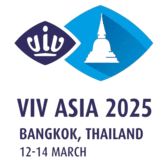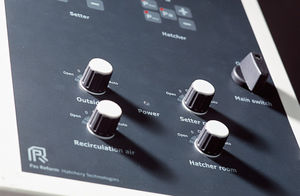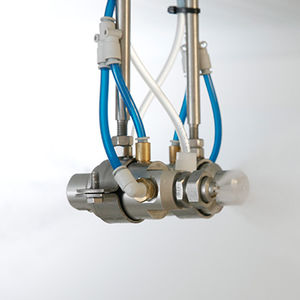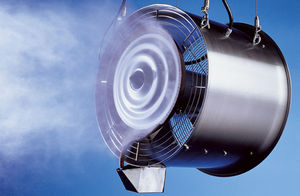
- Farm Infrastructure
- Building equipment
- Water cooler
- Pas Reform Hatchery Technologies

- Products
- Catalogs
- News & Trends
- Exhibitions
Water cooler PWC series
Add to favorites
Compare this product
Characteristics
- Type
- water
- Power
Max.: 700,000 W
(2,388,498 BTU/h)Min.: 110,000 W
(375,335.4 BTU/h)
Description
Benefits
Pas Reform’s process water chiller uses refrigerants to provide cooling for setters and hatchers. Chilled water may also be used to circulate through cooling coils in HVAC units. The refrigeration circuit consists of compressor(s), condenser(s), thermal expansion valve and evaporator(s). Together, these components remove heat from a process load to provide consistent setpoint temperatures 24 hours a day, seven days a week in an energy efficient design with low operational costs that respects the environment. Each part is specially selected for maximum acoustic comfort during operation, while keeping durability and reliability at high levels. When equipped with a heat recovery unit, “waste” heat can also be re-used to (pre) heat incoming air from air handling units. Depending on local climate conditions, this may reduce heat production capacity substantially.
How it works
-The process water chiller removes heat from incoming water via an absorption recirculation cycle in a closed loop system, consisting of R410a cooling liquid
-Chilled process water is collected in a buffer tank, from where it can be supplied throughout the hatchery for cooling purposes
-In combination with a heat recovery system (optional), the heat produced is transferred to a heat pump, from where it can be reused in, for example the air handling unit
Catalogs
Process water chiller
2 Pages
Exhibitions
Meet this supplier at the following exhibition(s):

Other Pas Reform Hatchery Technologies products
Climate control
*Prices are pre-tax. They exclude delivery charges and customs duties and do not include additional charges for installation or activation options. Prices are indicative only and may vary by country, with changes to the cost of raw materials and exchange rates.




